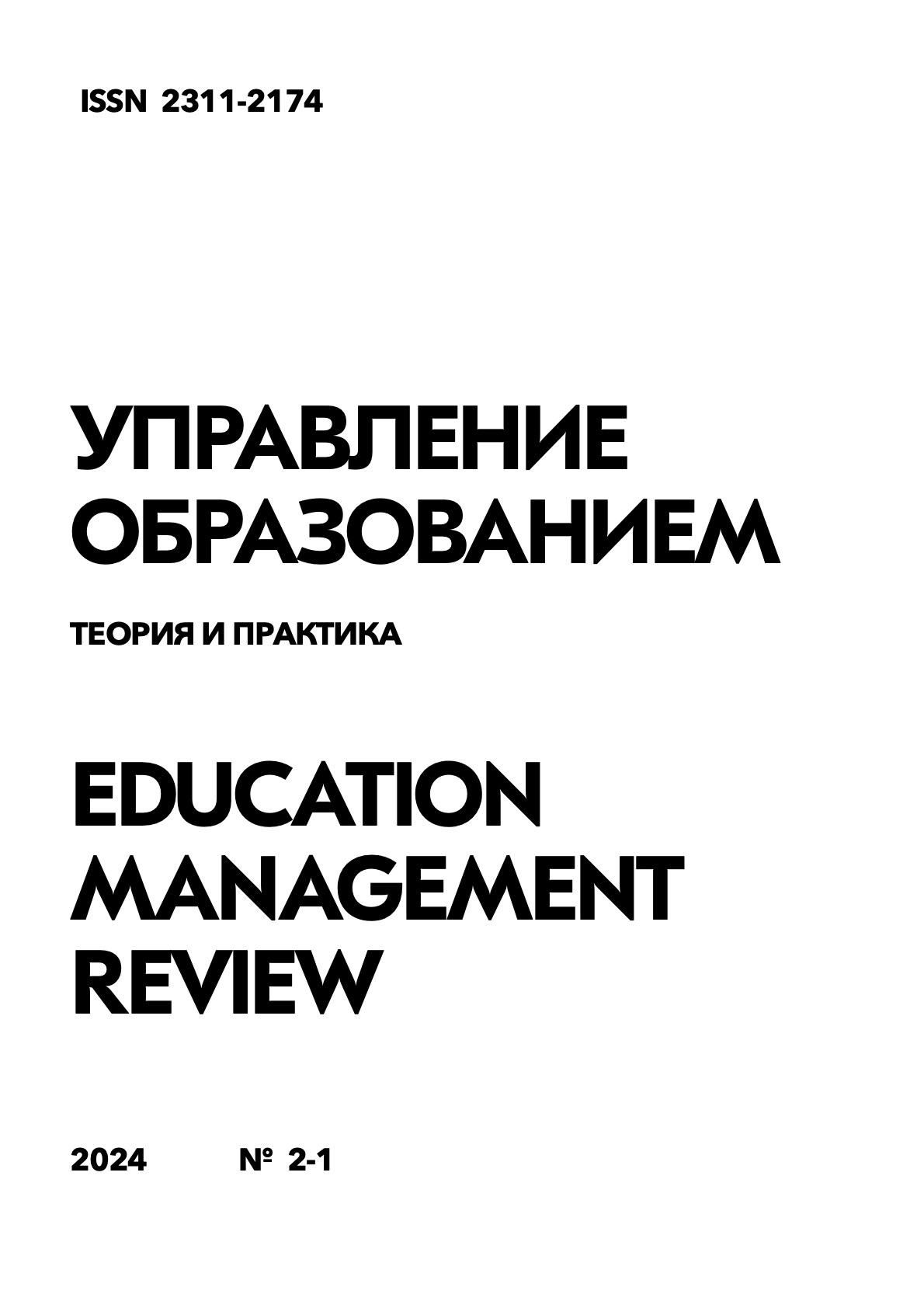Psychological factors in the development of intercultural competence of foreign students
DOI:
https://doi.org/10.25726/h1142-7616-1433-wKeywords:
globalization, intercultural competence, social interaction, intercultural exchange, sociocultural adaptationAbstract
Globalization processes in modern times are characterized by high intensity and versatility. The primary elements of globalization are the people inhabiting the planet. Among students, intercultural exchange is especially intense and complex. A big problem for students is combining efforts to develop intercultural competence with mastering the main educational program at an educational institution. On the one hand, students are faced with academic workload, on the other hand, the new environment poses challenges and raises questions for students. The success of developing intercultural competence depends equally on several subjects – first of all, on foreign students themselves, as independent individuals and people belonging to their own culture, on the staff of the educational institution and its students, as well as on society as a whole, as a broader environment into which the international student arrives. An integrated approach to stimulating the development of intercultural competencies requires simultaneous maintenance of interest in the new culture, motivation to get to know it and, at the same time, recognition of the uniqueness of the socio-cultural experience of foreign students, providing them with the opportunity to express their characteristics. A separate task is to suppress the formation of small ethnic groups in cases where belonging to such a group interferes with the student’s process of acculturation in a new environment. In general, the formation of intercultural competence does not come down to specific actions, but requires comprehensive provision of psychological comfort in a new environment.
References
Гридунова М.В., Новикова И.А., Шляхта Д.А. Межкультурная компетентность и факторы «Большой пятерки»: к постановке проблемы. // Известия Саратовского университета. Серия: Акмеология образования. Психология развития. 2017. №2(22). С. 140-145.
Гриценко В.В., Зинурова Р.И., Константинов В.В., Кулеш Е.В., Малышев И.В., Новикова И.А., Хухлаев О.Е., Черная А.В. Межкультурная компетентность как предиктор адаптации иностранных студентов. // Культурно-историческая психология. 2021. Т. 17. № 1. С. 102-112.
Декларация тысячелетия Организации Объединенных Наций от 08 сентября 2000 г. Принята резолюцией № 55/2.
Иващенко А.П. Этническая идентичность и миграция в современном мире // Научный альманах стран Причерноморья. 2016. № 1(5). С. 5-7.
Клушина Н.П., Маслюков Р.С. Формирование межкультурной компетентности иностранных студентов в Российских вузах. // Гуманитарные и социальные науки. 2022. №Т. 91. № 2. С. 152-158.
Колобова Л.В. К вопросу формирования межкультурной компетенции // Проблемы современного педагогического образования. 2019. № 64-4. С. 100-103.
Почебут Л.Г. Теория межкультурной коммуникативной компетентности // Научная социология. 2012. Т. 184. Вып. 172. С. 14-18.
Садохин А.П. Межкультурная компетентность: понятие, структура, пути формирования // ЖССА. 2007. № 1. С. 125-139.
Серебрякова Р.В. Межкультурная коммуникативная компетентность как необходимое условие осуществления эффективной межкультурной коммуникации // Научный вестник Ямало-Ненецкого автономного округа. 2017. №4(97). С. 68-71.
Чикер В.А. 18 программ тренингов: руководство для профессионалов. СПб.: Речь, 2007. 368 с.
Юлдашева Ф.Х. К вопросу о взаимосвязи глобализации и цивилизации. // Вестник Пермского университета. Философия. Психология. Социология. 2011. №2(6). С. 36-37.

